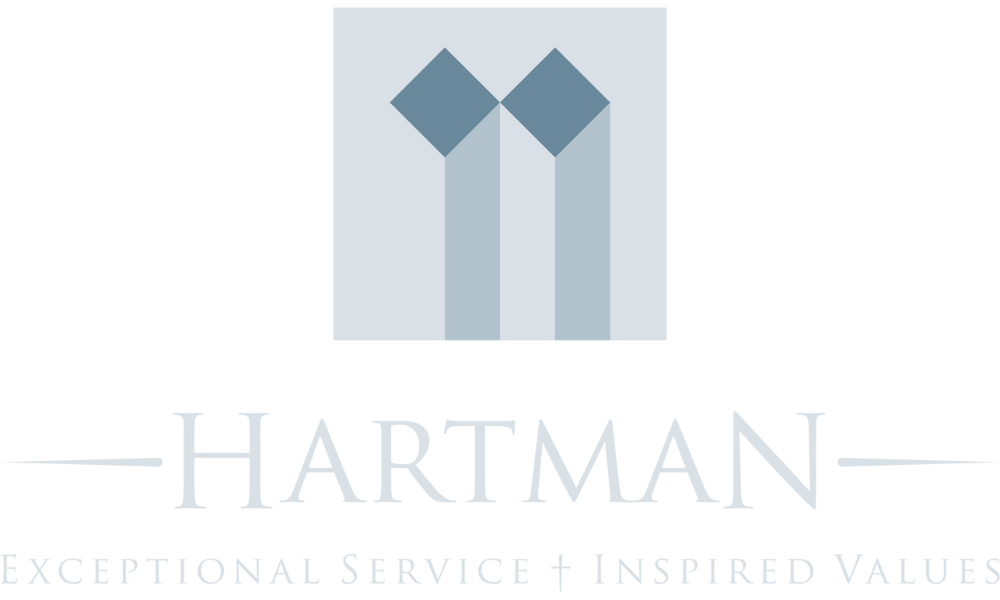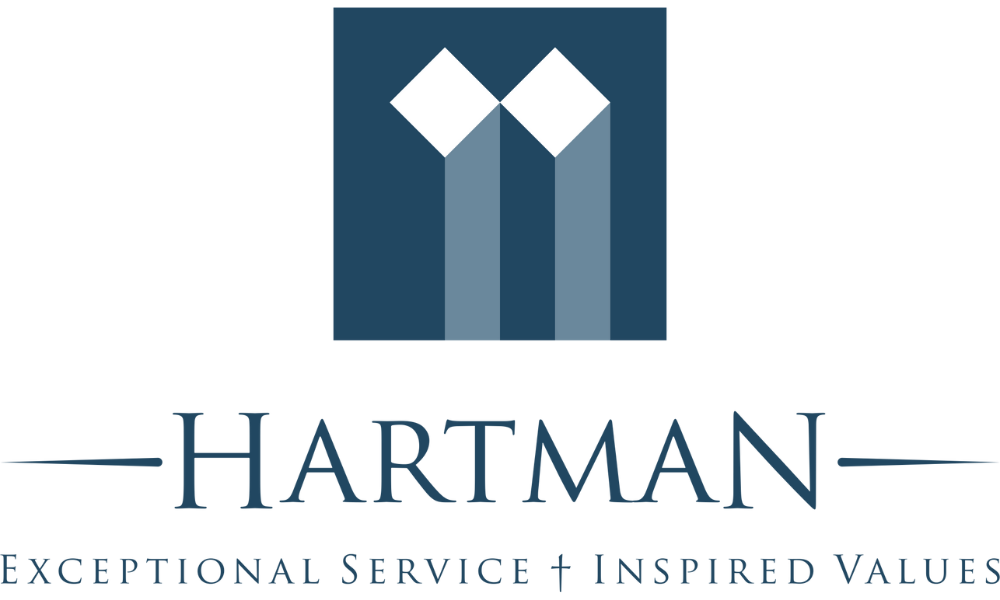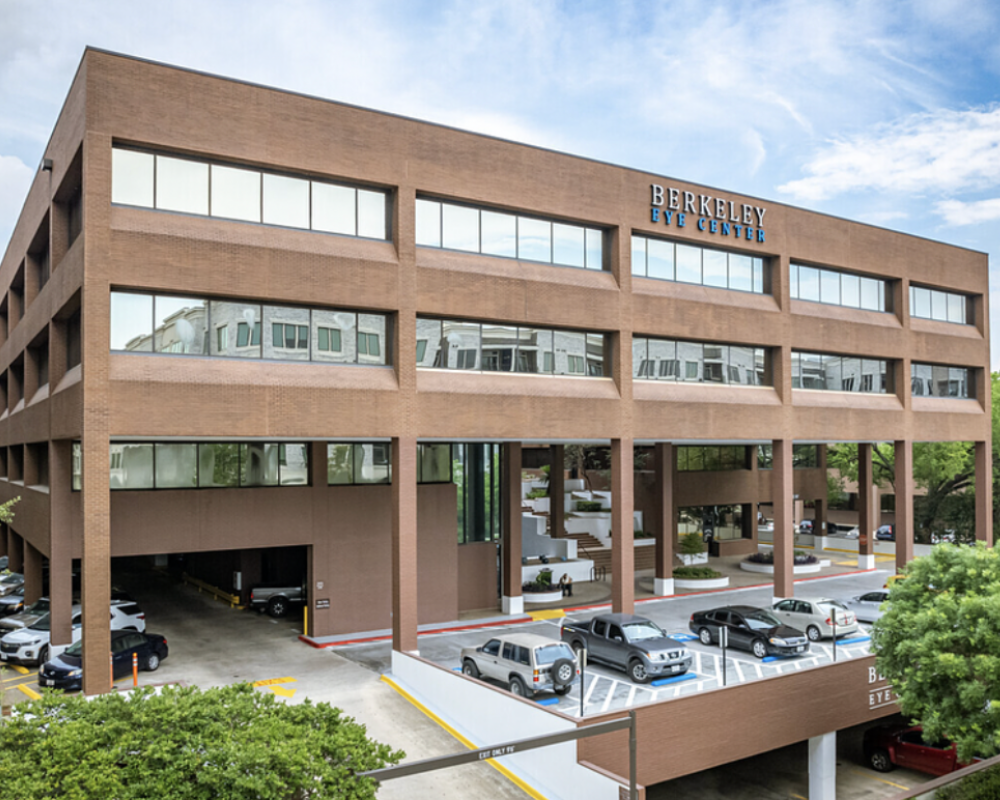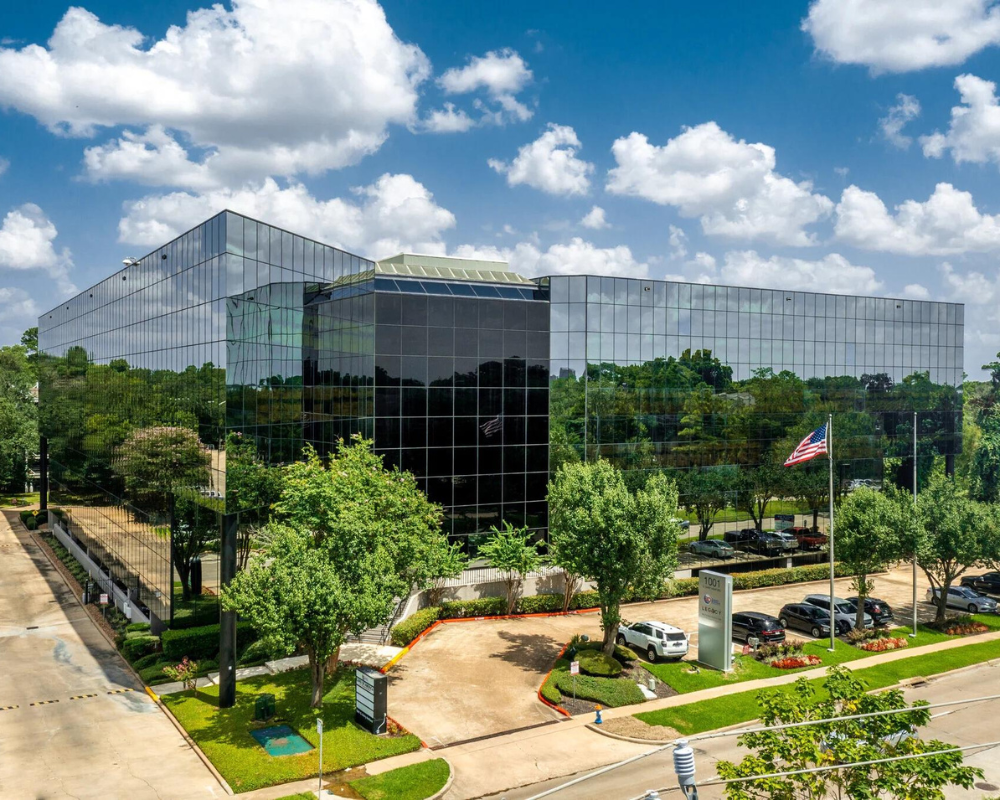FAQs
Find answers to common questions about our services and expertise on commercial real estate on our FAQ page.
Have Questions?
Get quick and clear answers to common inquiries about our services, expertise, and the Texas commercial real estate market here on the FAQ page.
Commercial property is real estate utilized for business purposes rather than residential living. Commercial property has a range of properties and is leased or owned by businesses or investors. A few commercial property types are:
- Office Buildings
- Retail Properties
- Industrial Properties
- Mixed-Use Properties
- Multi-Family Properties
- Hospitality Properties
- Special Purposes Properties
Commercial leases are commonly structured in these 3 types of ways:
- Gross Leases
- Net Leases
- Modified Gross Leases
At Hartman, we mainly utilized Net Leases, where the tenant pays a base rent plus a portion of the property’s operating expenses.
The timing for starting the search for an office space depends on many factors, including market conditions, lease length, and business needs. The general timeline would be 12 months before move-in. This allows you time to assess your space requirements, budget, and location preferences. You will need to do market research to find your best options and then it gives you ample time to do test fits, lease negotiations, and permit and build-out time. Starting your search early will give you a strategic advantage and ensure you have enough time to make an informed decision and secure the best space for your needs.
Determining how much office space your business needs depends on several factors:
- Number of Employees: A common guide is to allocate 150-250 square feet per employee. This can vary based on your type of work and office layout.
- Office Layout: Open-plan offices generally use less space than traditional cubicles or single private offices.
- Type of Work: If employees require meeting rooms, labs, and creative spaces along with their workstations, you must allocate square footage.
- Growth Plans: Plans for future growth should be allocated for new hires, increased team sizes, and expanded office functions.
- Amenities and Common Areas: Don’t forget to account for space needed for break rooms, kitchens, and other shared facilities.
To get an accurate estimate, consider consulting one of our real estate professionals who can assess your needs based on these factors.
In a Triple Net (NNN) office lease, the tenant is responsible for paying not only the base rent but also a share of three major operating expenses associated with the property.
- Property Taxes
The tenant pays a portion of the property taxes assessed on the building. This amount is usually calculated based on the tenant's pro-rata share of the total building area.
- Insurance
The tenant covers a portion of the insurance premiums for the property. This generally includes property insurance, which protects against fire, theft, or vandalism. It may also include liability insurance if stipulated in the lease.
- Maintenance and Repairs
The tenant is responsible for a share of the costs of maintaining and repairing the property. This can include:
- Common Area Maintenance (CAM) Costs: Expenses for the upkeep of shared areas like lobbies, hallways, elevators, parking lots, and landscaping.
- Building Repairs: Costs for repairing and maintaining the structural elements of the building and its systems (e.g., HVAC, plumbing).
While the core components of a NNN lease are property taxes, insurance, and maintenance, some leases might also involve additional costs or variations, including:
Utilities: Sometimes, utilities like water, electricity, and gas are not included in a NNN lease and are paid directly by the tenant.
When looking for a small office space, there are several options depending on your needs and budget. If you need a single office with a dedicated desk, Hartman offers BIZSUITES locations with single offices leased only to you for your office needs. If you are looking for a shared workspace that you need for occasional use, there are shared offices and coworking spaces available. If you need an office space for just 2-4 employees, Hartman caters to small businesses and offers spaces as low as 500 square feet for any of your needs.
The time it takes to negotiate a commercial lease can vary depending on a few factors including lease complexity, market conditions, and parties involved.
The typical timeline looks like this:
1-2 Months - Property Search and Discussions
2-4 Weeks - Lease Agreement Drafting
1-2 Months - Lease Negotiations and Legal Review
1-2 Weeks - Final Revisions and Party Signatures
While the entire process from the initial search to the signed lease can take anywhere from a few weeks to 12 months, starting early and organizing can help you secure the right space for your business.
Usable square feet refers to the actual floor area within a tenant's leased space. It includes the area occupied by the tenant, such as office workstations, private offices, and meeting rooms. It does not include shared spaces.
This measurement is useful for determining how much space you have to work with and how it meets your operational needs.
Rentable square feet is the total area for which the tenant is billed. It includes the usable square feet and a proportionate share of the building’s common areas, which are shared with other tenants.
This measurement determines the total lease cost. Landlords use it to calculate rent, which often includes a charge for the proportionate share of common areas utilized.
A Real Estate Investment Trust (REIT) is a company or trust that owns, operates, or finances income-producing real estate across a range of property sectors. REITs allow investors to buy shares in real estate portfolios, similar to how they would buy shares in a company or mutual fund.
Office spaces are often classified based on quality, location, and amenities.
Class A: Premium quality, location, and amenities; highest rent.
Class B: Good quality and location with more modest amenities; mid-range rent.
Class C: Older or less desirable quality and location; lowest rent.
A commercial property management company offers a comprehensive suite of services designed to maximize the value and efficiency of commercial properties. Their role includes managing day-to-day operations, maintaining the property, handling tenant relations, overseeing financial aspects, and ensuring compliance with regulations. Choosing a property management company with a proven track record and expertise in your property type can help you achieve your investment goals and ensure smooth property operations.
Working in the office offers a structured environment, better collaboration opportunities, access to resources, and a clear separation between work and home life. It can also foster professional development and teamwork.




